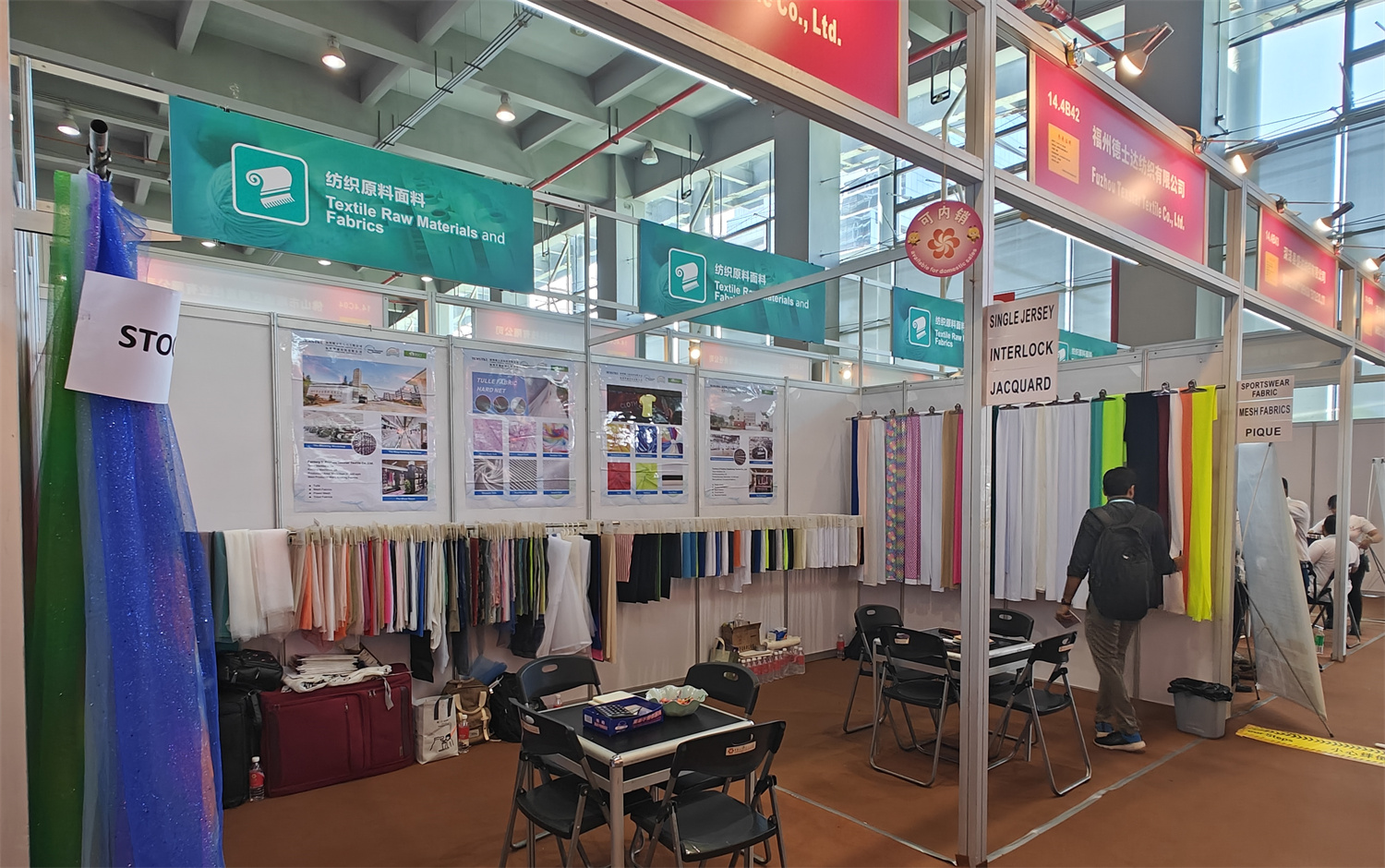Sourcing fabrics can be a tricky business. If you go to the wrong supplier or ask for the wrong thing, it can waste a lot of time and slow down your production process considerably. That’s why we’ve put together this guide to fabric sourcing.
This guide will help you:
Clarify your fabric needs;
Decide what type of supplier you need;
Ask potential suppliers the right questions.
What are your fabric needs?
First of all, you need to clearly define your fabric needs. You should consider the following points before contacting a supplier:
1, Fabric types
Do you need woven or knitted fabric? The choice of fabric depends on the garment you want to sew.
Woven fabric – used for fashion wear, outerwear, shirts and uniforms.
Knitted fabric – used for sportswear, underwear and lingerie.
2, Material
Fabrics can be synthetic, natural or a mixture of both.
Natural fabrics are made from materials found in nature. These include cotton, wool and silk.
Synthetic fabrics are entirely man-made from chemicals. These include viscose, acrylic and polyester.
3, Characteristics and quantities
What size of fabric do you need? How much fabric do you need? You also need to consider the weight of the fabric, which is related to the comfort and thickness of the fabric. Consult with your garment mills about the width and quantity of fabric you need, as these factors will affect cutting and cost.
Finding the right fabric supplier
Now that you know exactly what type of fabric you need, you need to find the right fabric supplier.
Where can I find a fabric supplier?
Find a fabric supplier online. You can choose between local and international suppliers. Wholesale and custom fabrics can be found on Google and on sourcing platforms such as Alibaba, Made-in-China and Global Sources.
You can also find fabric suppliers at trade fairs, like Canton Fair (Guangzhou, China), Intertextile Shanghai (Shanghai, China) etc.
Different types of fabric supplier
Each fabric supplier has its own specialization. The type of fabric supplier you need depends on your specific production project. There are different types of fabric suppliers:
1, Retailer: an ordinary fabric store with a small quantity of stock fabrics available.
2, Wholesaler: a larger retail store offering a large quantity of fabrics.
3, Trader: traders buy and sell according to the buyer’s instructions, sometimes working on commission.
4, Converter: Converters buy standard fabrics from various mills. They then dye, print or finish the fabric to the buyer’s specifications. They often have a wide range of products and can respond to customized orders.
5, Fabric sourcing agent: agents work with a long list of fabric suppliers. They sometimes work on commission, and can make better offers thanks to their influence with fabric mills.
6, Factory: A one-stop solution that includes both mills and factories. They require a high minimum order quantity.
Questions to ask fabric supplier
You’ve decided which fabric supplier you want to work with. You’ve drawn up a list of potential suppliers. Now let’s move on to the questions you need to ask them.
1, Do you have what I need?
Provide the supplier with as detailed a specification as possible. This includes knitting structure, composition, weight, further processing, quantity ordered and testing requirements.
2, Is the fabric in stock ?/ What is the delivery time?
Retailers and wholesalers have fabric in stock. But stock is inevitably limited.
Converters, fabric sourcing agents and factories don’t have all items in stock and usually work to order. How long will it take them to produce the fabric? Is their timeline compatible with your production schedule? Will they be able to meet your production deadlines?
3, Is there a MOQ (minimum order quantity) or MCQ (minimum color quantity)?
Some suppliers (converters, fabric buying agencies and factories) have MOQ or MCQ requirements. They may be willing to meet a smaller order. But in such cases, they will probably ask for a surcharge.
4, What’s the price?
This is an obvious question, but be sure to indicate the units of measurement. Do you pay per yard, meter or kilogram? And how much is the surcharge if you order less than the MOQ or MCQ?
5, What are the terms of payment?
Does your supplier require payment by T/T (telegraphic transfer)? Do they require advance payment? Define incoterms as soon as possible – who is responsible for shipping, insurance and customs duties?
The answers to these questions should help you choose the fabric supplier you want to work with. And they will bring you one step closer to creating a line of finished garments.
Fuzhou Huasheng is a professional factory supplier of knitted fabrics. Working directly with factories reduces the intermediate links and the price will be much lower. Warmly welcome dear friends from all over the world to visit our factory and negotiate business.
Post time: Apr-08-2024
